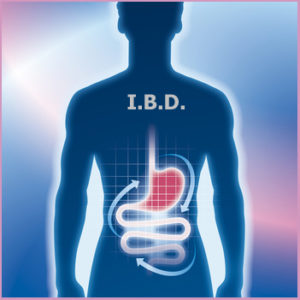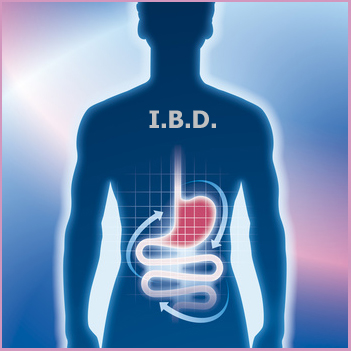 Ask any patient who is in the midst of an Inflammatory Bowel Disease (IBD) flare up and they’ll all tell you the same thing: it is torture. Stomach pain, bloating, diarrhea, constipation, and nausea are some of the most dreaded symptoms patients with IBD hope to never experience. With no known cure, IBD patients must look to limit the flare-ups brought on by unhealthy eating, an increase in stress levels, and an abuse of alcohol/smoking. We have put together a list of tips on managing your IBD as well as steps to prevent a flare-up in the future.
Ask any patient who is in the midst of an Inflammatory Bowel Disease (IBD) flare up and they’ll all tell you the same thing: it is torture. Stomach pain, bloating, diarrhea, constipation, and nausea are some of the most dreaded symptoms patients with IBD hope to never experience. With no known cure, IBD patients must look to limit the flare-ups brought on by unhealthy eating, an increase in stress levels, and an abuse of alcohol/smoking. We have put together a list of tips on managing your IBD as well as steps to prevent a flare-up in the future.
Tips for Managing IBD
- Limit Dairy Products: Many sufferers of IBD find a correlation between cutting out dairy and improved symptoms of abdominal pain, diarrhea and gas. While not a category of IBD, many of these patients may be lactose-intolerant and don’t even know it. The lactose (milk sugar) found in dairy foods can’t be digested in people with lactose intolerance, prompting abdominal discomfort. Enzymes are available for those with this condition.
- Low-Fat Foods: Crohn’s Disease of the small intestine, a category if IBD, can cause an individual to not absorb fat properly. Switching to a low-fat diet may relieve symptoms immediately, and help the intestine heal over time.
- Avoid known food irritants: If you symptoms have worsened because of a particular food you have been eating, try cutting it out altogether. Nothing tastes so good that you need to suffer in return, believe us.
- Limit Smoking and Stress: Smoking not only attributes to the development of Crohn’s Disease, but continued use worsens it as well. When coupled with a rise in stress levels, a painful IBD episode is right around the corner. Limit stress through exercise, yoga, talking to a professional, and regular breathing exercises. As far as smoking goes, take all measures to cut it out entirely.
Probiotics, fish oil, acupuncture, and prebiotics have all gained popularity since the mid-1990s because of their positive effect on the gastrointestinal system and its diseases. Those suffering from IBD would be smart to include these in their daily lives, couples with the four recovery and prevention tips mentioned above.
If you are experiencing symptoms of IBD or are looking for new ways to manage your symptoms, please contact us today.


 Ask any patient who is in the midst of an
Ask any patient who is in the midst of an 